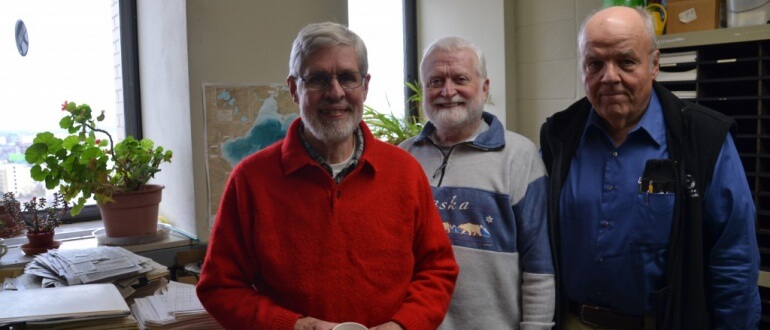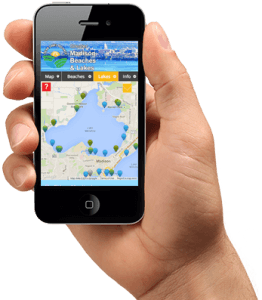Composting grant looks to identify new tools for managing manure
MADISON, Wis. — Clean Lakes Alliance has been awarded a $60,000 two-year grant from Fund for Lake Michigan to determine whether windrow manure composting could have water quality impacts in the Yahara River watershed and beyond, including potential reductions in phosphorus runoff.
“Our lakes face serious challenges from urbanization and intensification of agriculture,” said Elizabeth Katt-Reinders, Clean Lakes Alliance Deputy Director. “With its potential to manage manure, benefit soil health and protect our lakes, composting could be a big win-win.”



